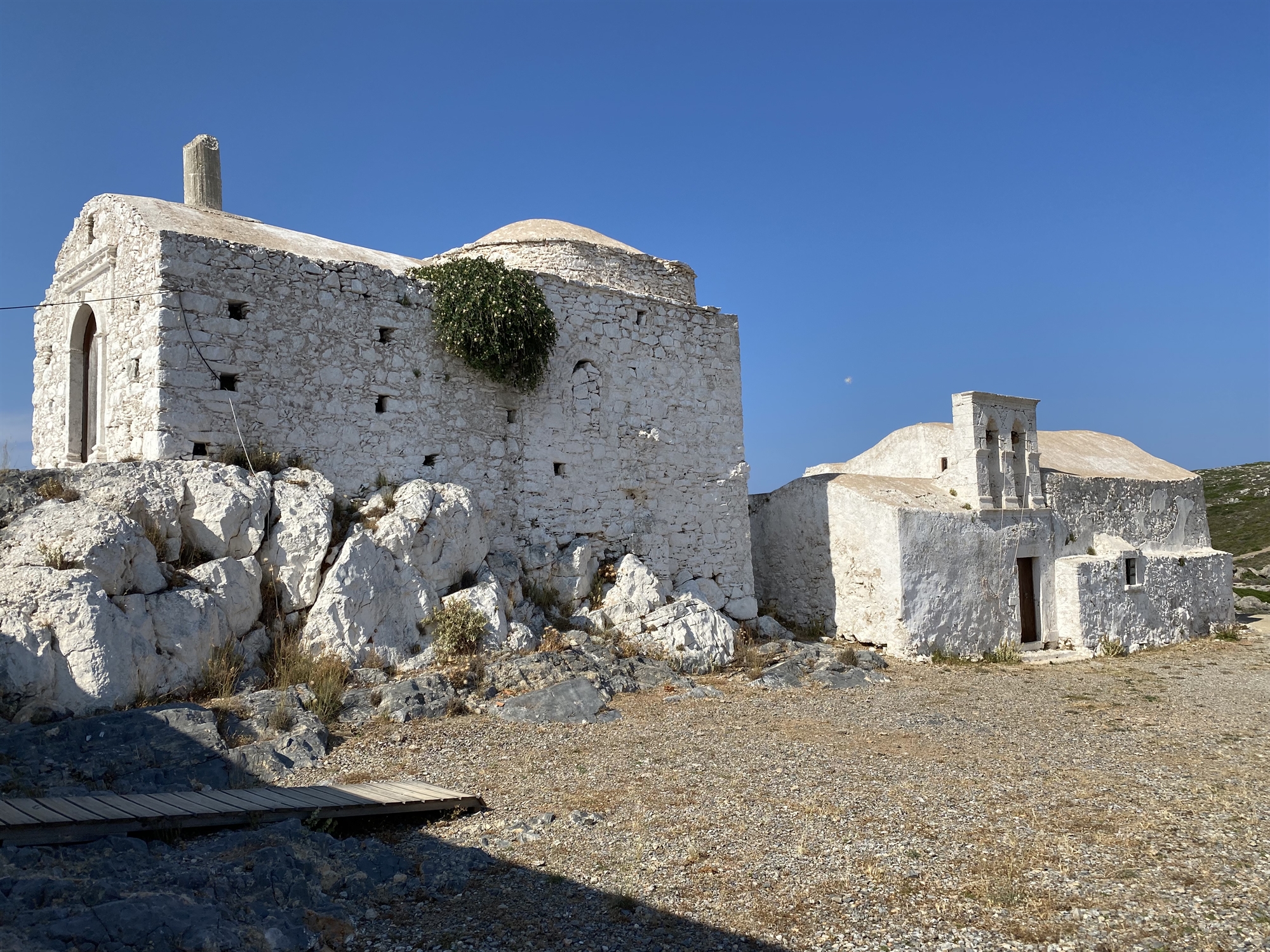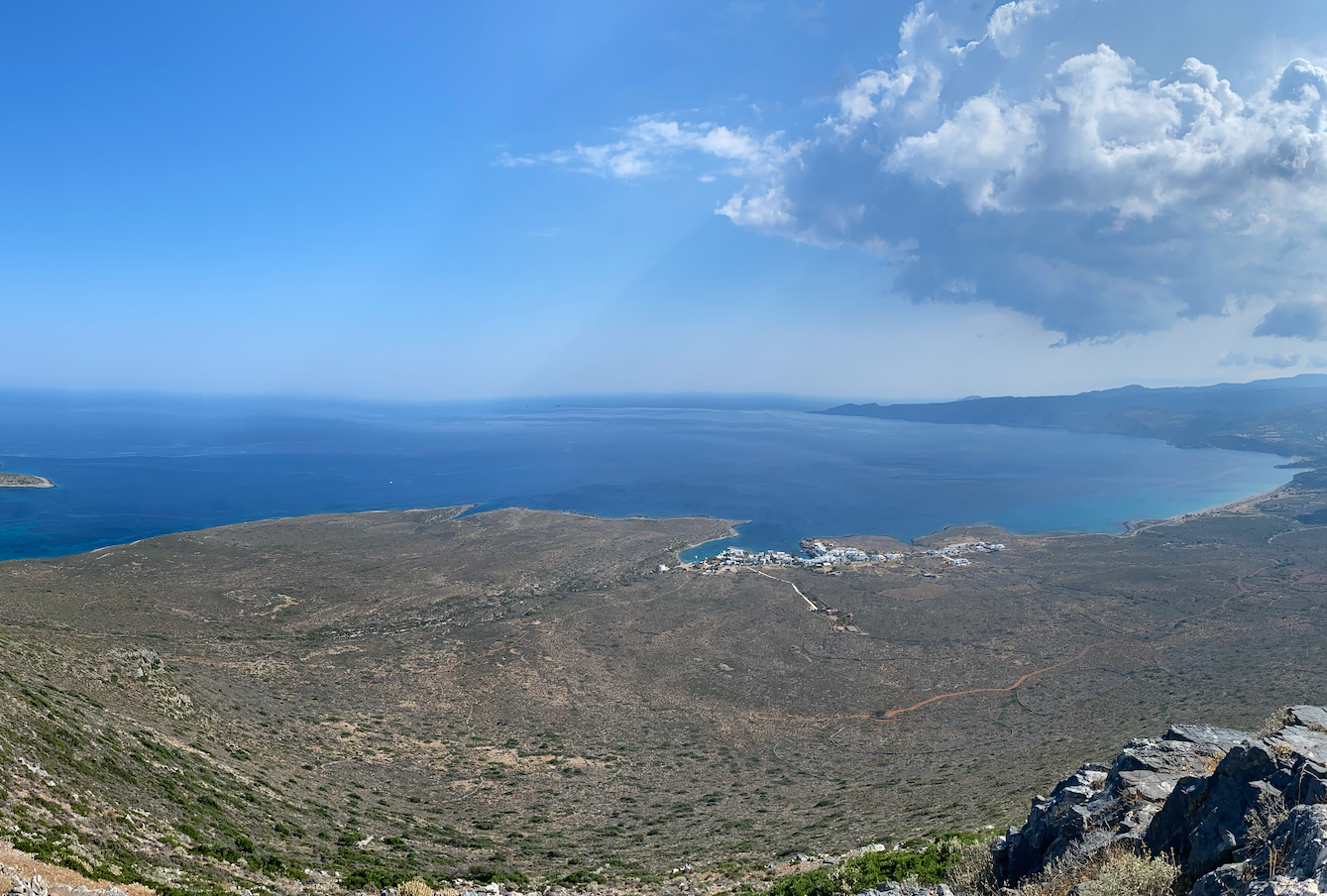
As a kid, I get weird pricks on vacation. I feel that I rest and calm down only when my gaze stops on undeveloped lands, on virgin mountain peaks and sandy beaches. I seek the purity of the landscape so that I can mentally regroup. There are very few places in Greece that can offer this gift of continuous visual escape from human labor. Even some decent countryman will find a way to build a little arbitrariness, aesthetically pollute the hillside with his palace, lay tiles in the wilderness. There is a resounding exception to this rule that deserves special attention: Kiefer. I have been visiting them avidly since 2000, but those who choose them this year for the first time for the summer holidays will be surprised to find that they can drive for miles without seeing the “scoop” of residential arbitrariness. The natural environment has largely remained unchanged, and the existing settlements retain their borders and are flooded every now and then, eating up forest areas. The reason why this happens is because of the name, the history and the person to whom we are indebted. It’s called “The Home Property of Cythera and Antikythera,” and if it were applied throughout the country, our fate would be very different.

This is an institution of anglocracy that touched the Ionian Islands, but survived on two of them. The common non-private property of Cythera and Antikythera is characterized as common and intercommunal. While in the rest of Greece it belongs to the state (so-called public property), especially in Kythira and Antikythera the state has no ownership of any non-private land, neither forests nor public areas. that is, the seashore, beaches, streets, squares, springs, ports. This turned out to be a lifesaver, because if a Pambonese Greek wants to build on a mountain by invading public fields, the cirigotes will not leave him alone until the state takes him (if it ever takes him…), but they will riot, because the territory belongs to them all. This law is passed today thanks to the constitutionalist Giorgos Kasimatis, who defended it so that it would not be threatened by the state, the church and other bodies that sometimes do not like its existence.

So, if you’re on Kythera and wondering about the wonder on Earth you see before you, it’s worth knowing the name of this man who defended his place like no other, influencing future generations to keep Kyther’s greatest appeal alive.
Source: Kathimerini
James Springer is a renowned author and opinion writer, known for his bold and thought-provoking articles on a wide range of topics. He currently works as a writer at 247 news reel, where he uses his unique voice and sharp wit to offer fresh perspectives on current events. His articles are widely read and shared and has earned him a reputation as a talented and insightful writer.